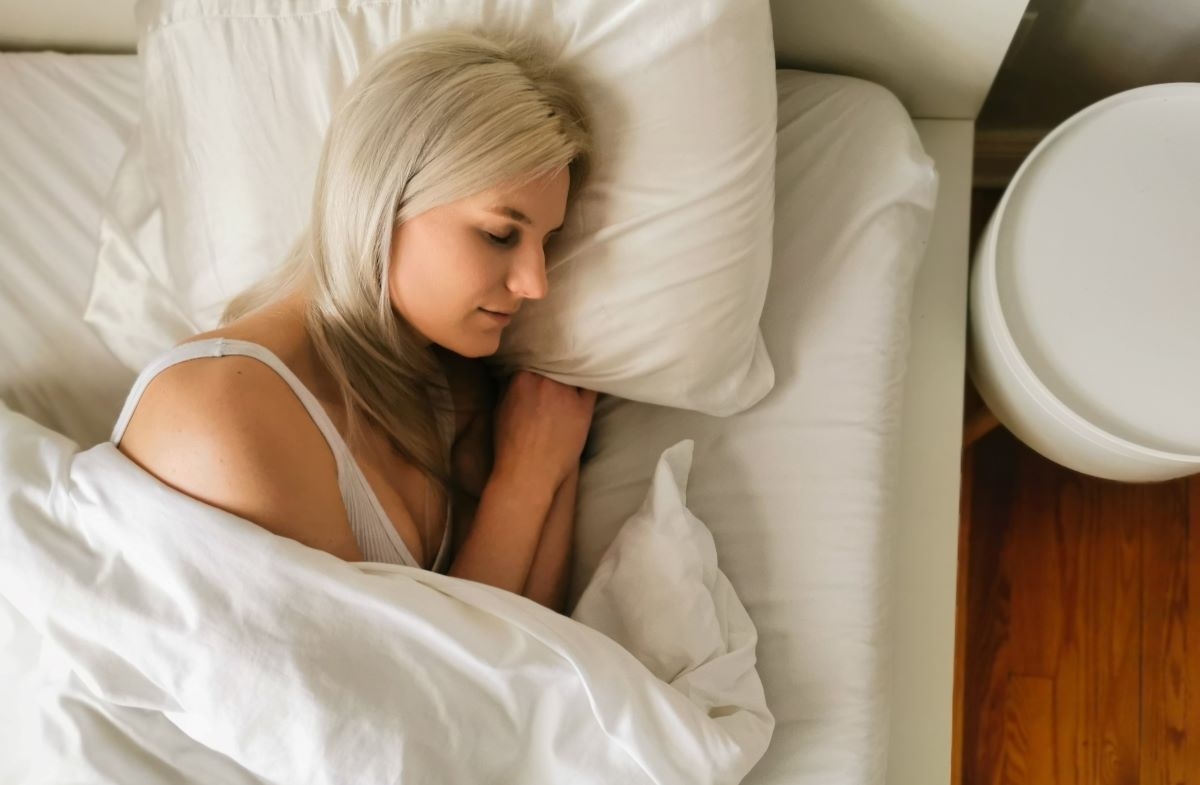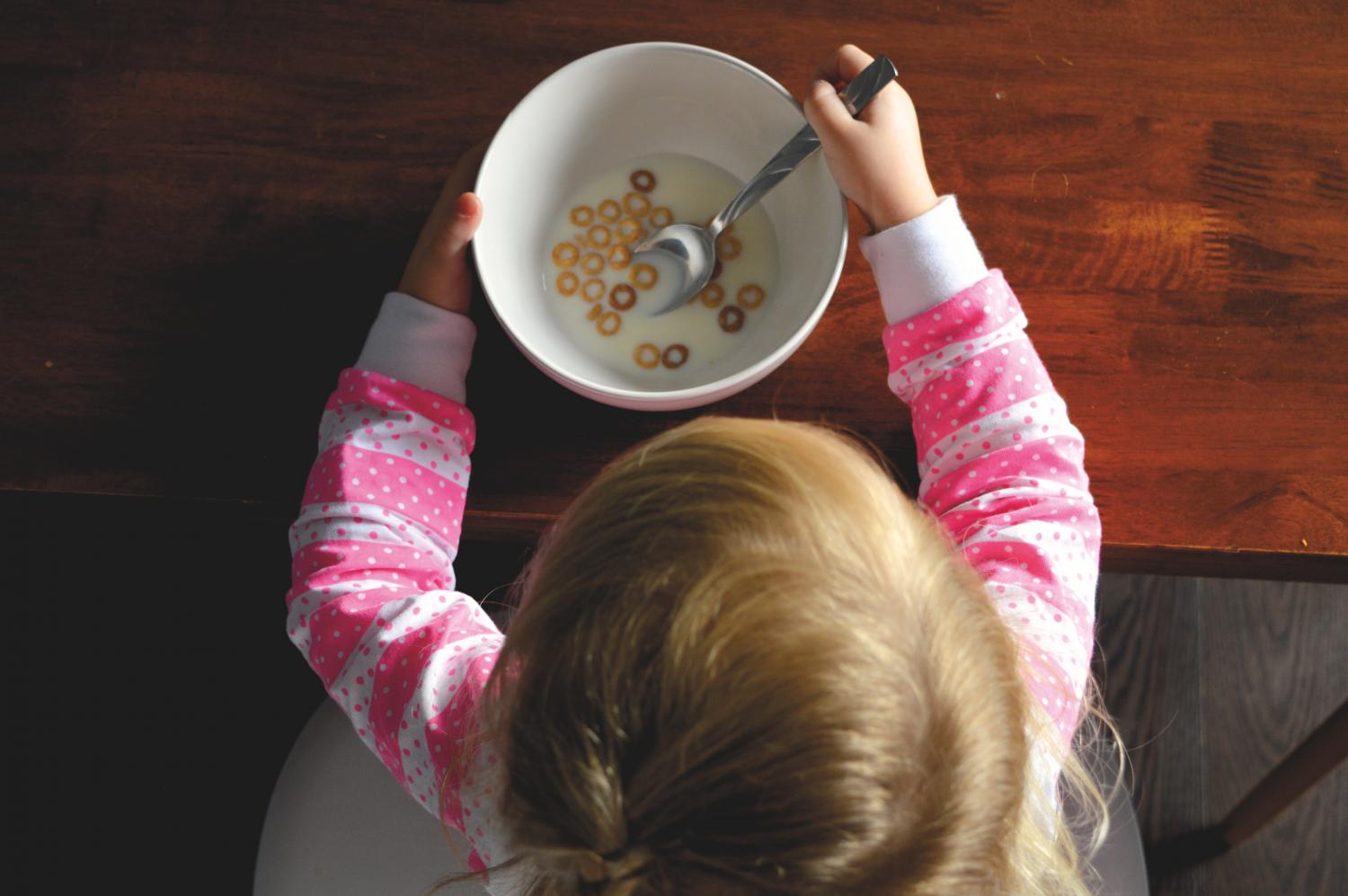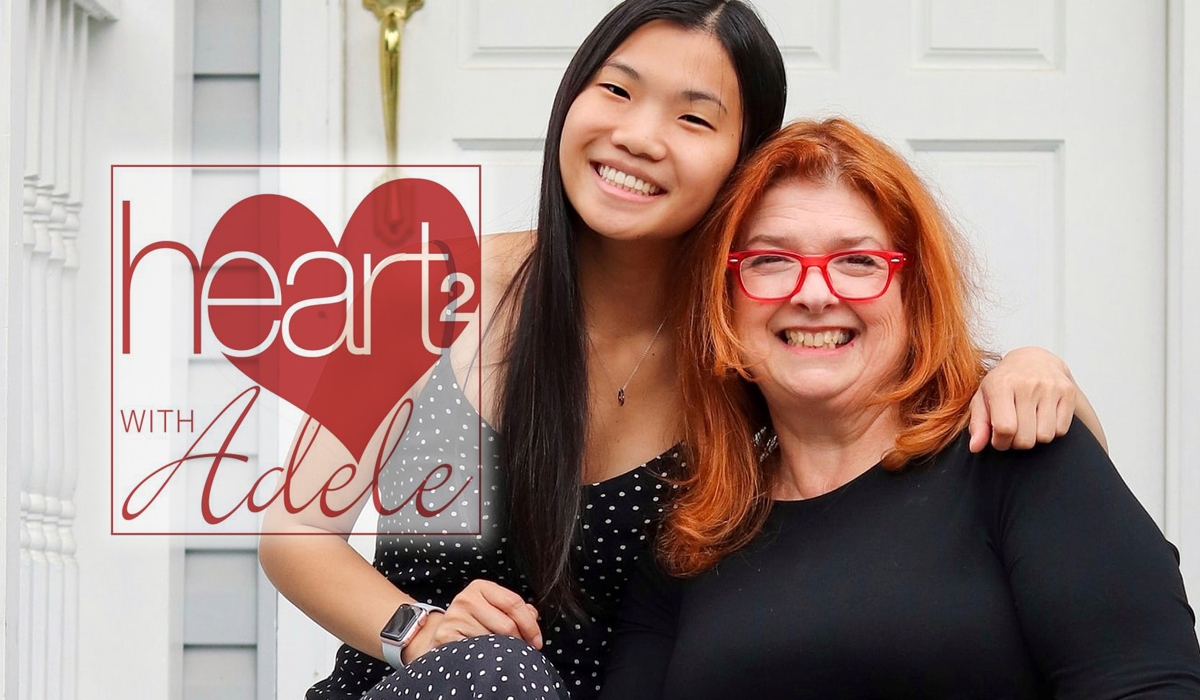
Sleepy evening snacks
Let’s talk about sleep first of all. Here are just a few facts to think about: a) sleeping less the 6.5 hours a night could potentially increase body fat by 8.5 per cent, b) the World Health Organization has declared that shift work is a likely carcinogen and considers the general population’s lack of sleep to by a health epidemic – yet have you heard anything about it?, and c) according to Professor Matthew Walker, just one night of bad sleep, will reduce the effectiveness of our immune system (killer T-cells) by about 70 per cent making us more susceptible to viruses and bugs around us.
Then let’s talk about molecules and our desire to sleep.
Another factor that influences our sleep is the ATP molecule (adenosine triphosphate), the energy molecule that we learnt about at school. During the day, when we’re active, the A (adenosine) and TP (triphosphate) molecules separate through physical activity. We use up TP for energy which means that we have stored up enough A by the end of the day – the A kindly informing the brain that its time to sleep. However, if we are not sufficiently active during the day, the above process doesn’t happen and we won’t have that sleepy feeling. So, we stay up later and eat a little snack, because we’re hungry, and so the vicious cycle begins.
Let’s then talk about hormones and how they can potentially disrupt our hunger patterns.
Throughout the day and night, our body is constantly releasing hormones, which you can think of as messengers in the body, two of them help control our appetite. They are ghrelin (which triggers our hunger) and leptin (which influences how full we feel) – generally they behave and balance each other out. However, when we stay up later than usual, the body will look for quick energy (as it has been a while since supper), your ghrelin hormone will pick up (making you hungry) and the leptin decreases (so you don’t feel full) resulting in that craving for an evening snack (as some of my clients confess to me). So, you can see how these molecule and hormones can influence our sleeping and eating patterns.
If that was not enough, we have other factors that will block the body’s receptors to the A molecules; they are caffeine, alcohol, stress and sugar, which all or partially result in reducing that sleepy feeling.
So, now, let’s talk about curbing the urge for that sleepy evening snack and bring on the benefits of sleep and controlling those “tricky” molecules and hormones. There are simple changes that you can make to help curb those evening snack cravings.
You could start by including some complex carbs with dinner (whole grain rice or whole wheat pasta) that will provide your body with long lasting sugars which will diminish those grab the sugar-based treats in the evening moments. Other tricks include drinking licorice root tea (which you can find in Ottawa’s various tea stores) – it has a slightly sweet flavour which can do the trick or if you really feel the urge to eat something, a handful of candied pecans (or any nuts of your choice) might hit the spot. The cinnamon in my coconut candied pecan recipe will help stabilize blood sugar levels and the pecans are a great source of healthy fats as well as a good source of vitamin A, which helps support the immune system.
Why do we consider sleep to be such a fleeting commodity, when it really is crucial to our well being?
It really is the only time that our bodies can rest and regenerate. Internally it allows our bodies time to do some housekeeping, such as getting rid of old or dead cells, sorting through our day and committing to memory our learning experiences. Not only that but it provides time for our immune system to regenerate. It also allows our cardiovascular system some downtown, allowing our blood pressure and heart rate to slow down.
So next time you feel that urge to binge watch a series with those sleepy evening snacks, when in fact you feel tired — just go to bed and enjoy the show on a rainy afternoon instead!
Send your nutrition questions to susan@susanalsembach.com









